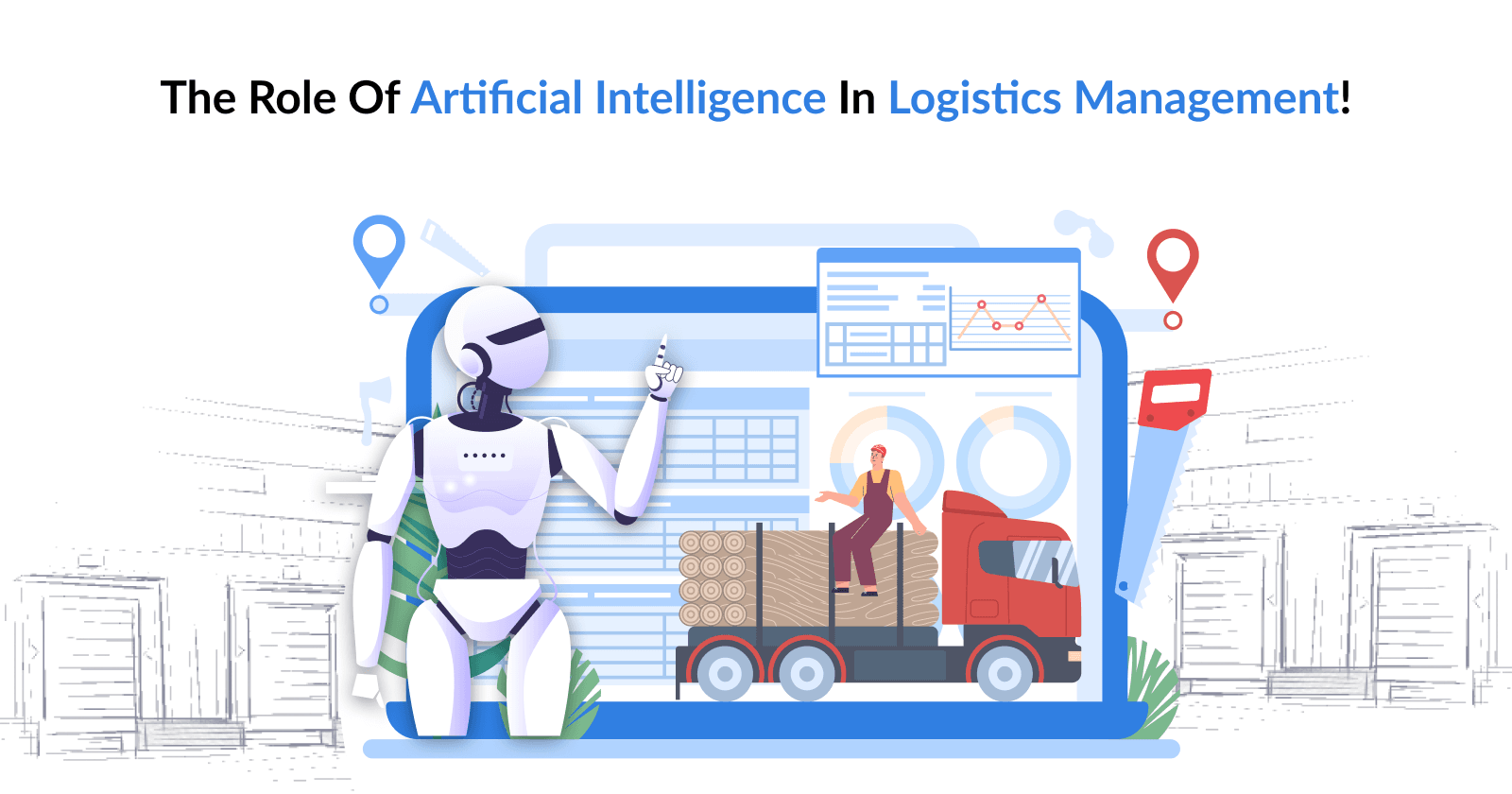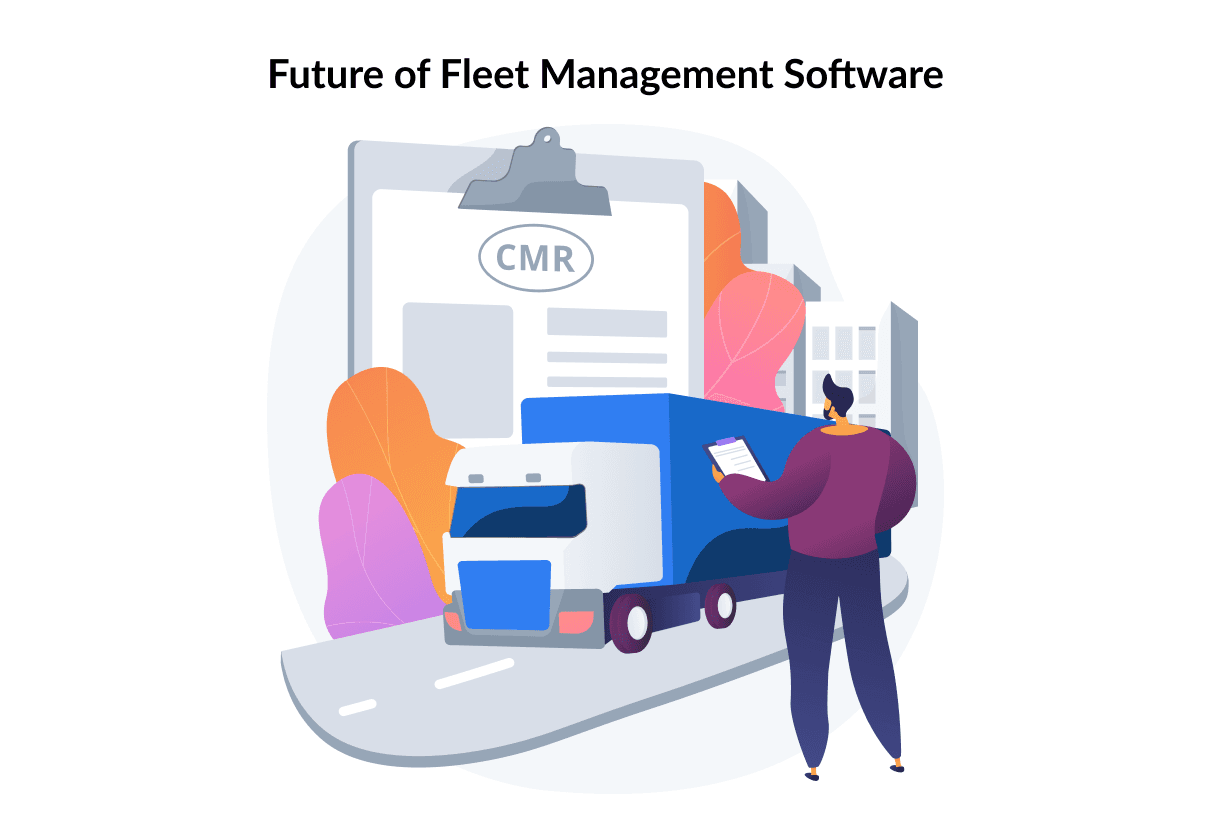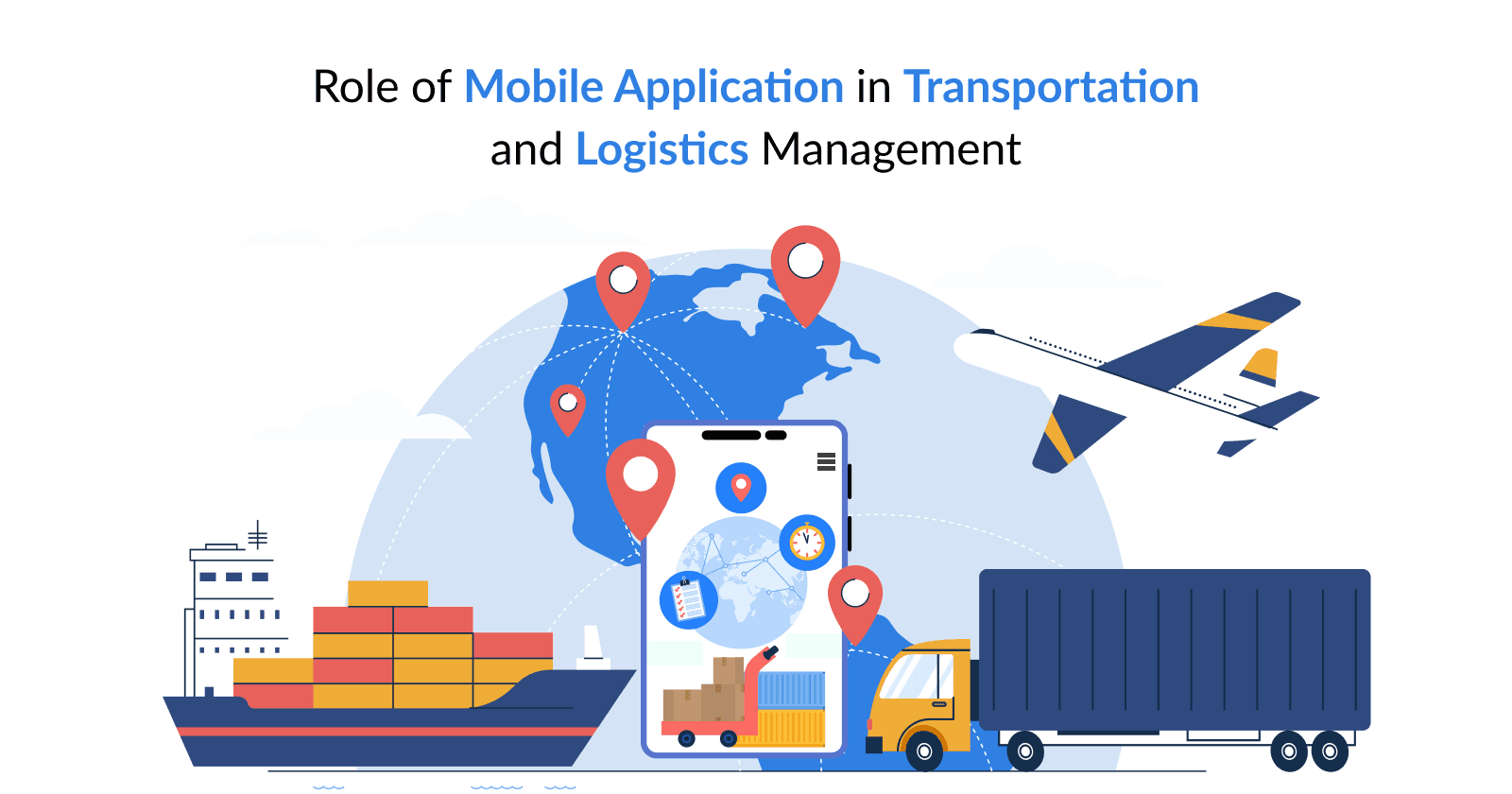Introduction
Logistics is an essential component of any business that involves the movement of goods from one place to another. With the rise of technology, the logistics industry has undergone significant changes over the years.
Logistics is an essential component of any business that involves the movement of goods from one place to another. With the rise of technology, the logistics industry has undergone significant changes over the years.
Technology has transformed the logistics industry, leading to increased efficiency, speed, and accuracy. However, there are also challenges associated with the adoption of technology in logistics.
This blog discusses the impact of technology on the logistics industry, including different aspects such as automation, big data, e-commerce, blockchain, and sustainability, as well as the benefits and challenges associated with technology adoption.
Automation in Logistics
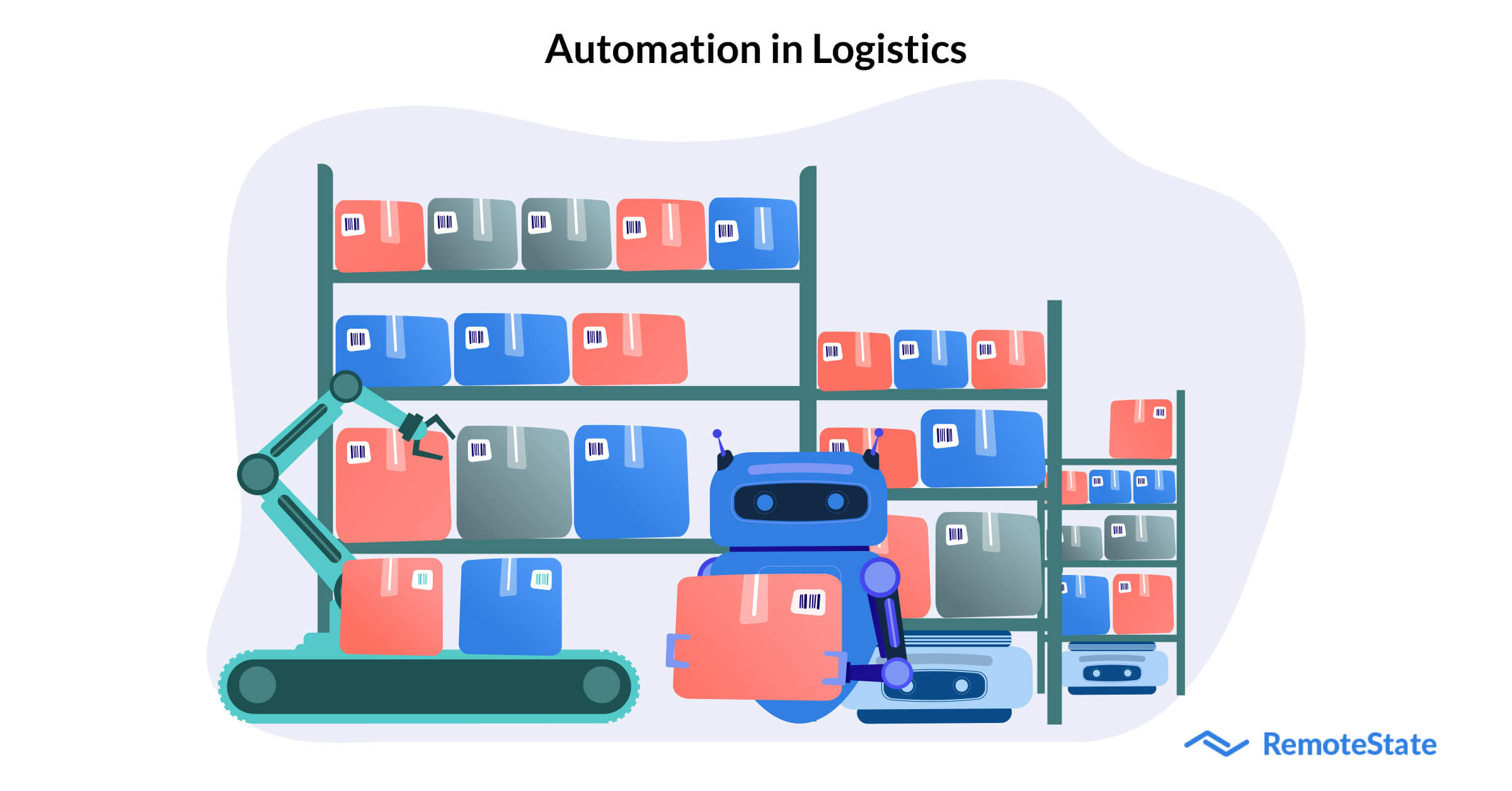
One of the significant impacts of technology on the logistics industry is automation. Automation involves the use of machines and computer systems to perform tasks that were previously done by humans.
In logistics, automation has led to the development of automated warehouses, autonomous vehicles, and drones. Automated warehouses use robots to pick and pack products, leading to faster and more accurate order fulfillment.
Autonomous vehicles and drones can deliver goods to customers' doorsteps, reducing delivery times and costs. Automation has also led to the development of predictive maintenance, where machines are monitored to detect potential issues before they occur.
Benefits
- Faster and more accurate order fulfillment
- Reduced delivery times and costs
- Predictive maintenance can prevent costly downtime
Challenges
- Cost of implementation
- Need for specialized skills to operate and maintain automated systems
Big Data in Logistics
Another significant impact of technology on the logistics industry is big data. Big data refers to the large amounts of structured and unstructured data that are generated daily.
In logistics, big data is used to optimize supply chain operations, reduce costs, and improve efficiency. By analyzing big data, logistics companies can identify patterns and trends, leading to better demand forecasting and inventory management. Big data can also be used to track shipments, monitor driver behavior, and optimize delivery routes.
Benefits
- Better demand forecasting and inventory management
- Improved supply chain operations
- Optimized delivery routes for reduced costs and faster delivery times
Challenges
- Need for specialized skills to analyze and interpret data
- Security and privacy concerns with the handling of sensitive data
E-Commerce and Logistics
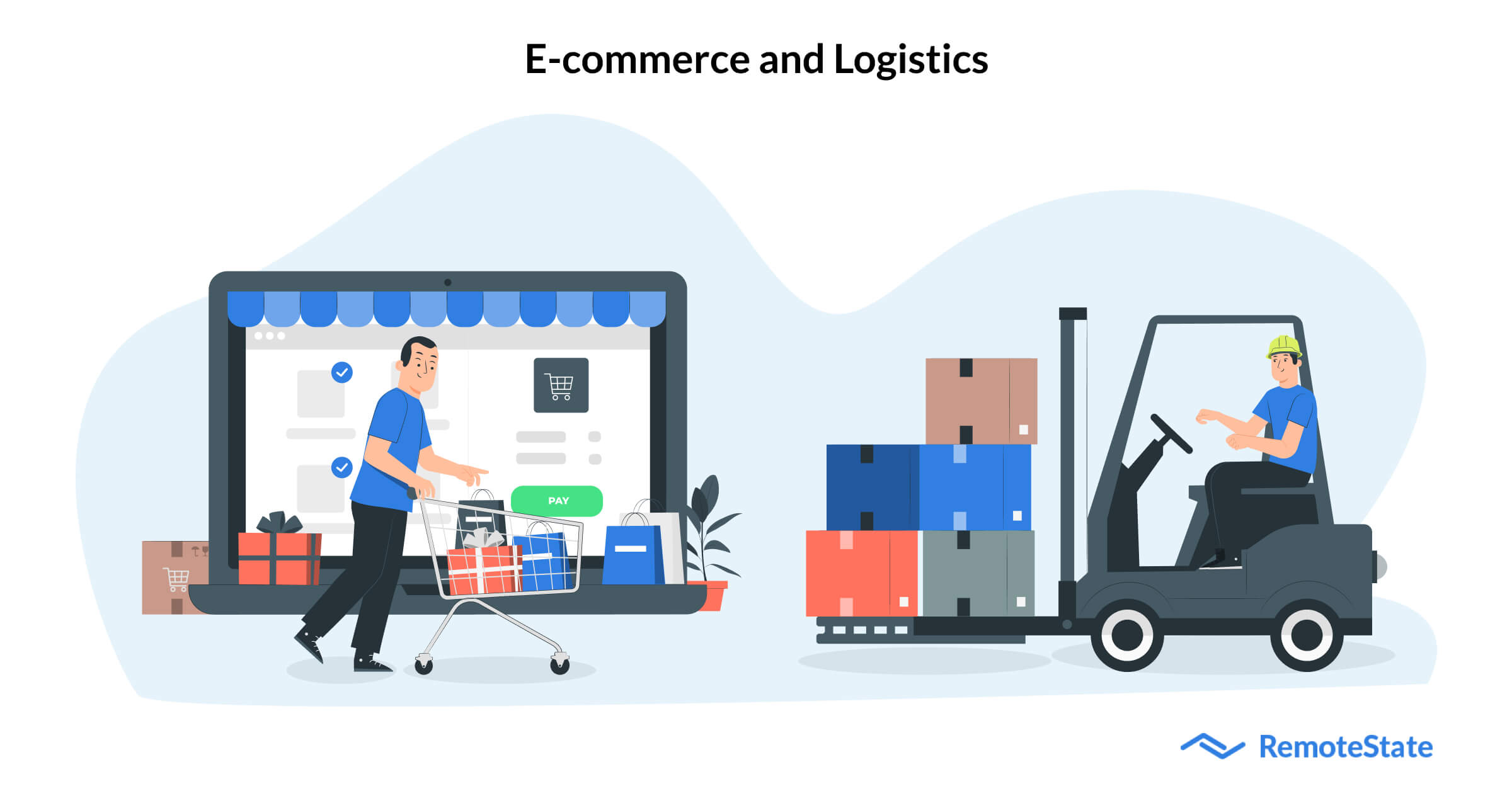
The rise of e-commerce has also had a significant impact on the logistics industry. E-commerce has led to an increase in the number of small parcel shipments, leading to a greater demand for last-mile delivery services.
As a result, logistics companies have had to adapt to meet the needs of e-commerce businesses by providing faster and more efficient delivery services. The development of online marketplaces such as Amazon and Alibaba has also led to the growth of third-party logistics (3PL) providers, which offer fulfillment services to e-commerce businesses.
Benefits
- Increased demand for last-mile delivery services
- Growth of third-party logistics providers offering fulfillment services
- Improved customer experience with faster and more efficient delivery services
Challenges
- Pressure to provide faster and more efficient delivery services
- Need for flexible and scalable logistics operations to meet changing demands
Blockchain in Logistics
Blockchain is another technology that has the potential to transform the logistics industry. Blockchain is a distributed ledger technology that allows for secure and transparent transactions.
In logistics, blockchain can track shipments, monitor product quality, and ensure compliance with regulations. Blockchain can also be used to facilitate payment transactions, reducing the need for intermediaries and reducing costs.
Benefits
- Enhanced supply chain visibility and transparency
- Secure and transparent transaction processing
- Reduced costs associated with intermediaries and payment processing
Challenges
- Need for widespread adoption of blockchain technology across the industry
- Complex implementation and integration with existing logistics systems
Sustainability in Logistics
Sustainability is an essential issue in the logistics industry, and technology can play a significant role in promoting environmental responsibility. Technologies such as electric vehicles, renewable energy, and green logistics practices can help reduce the carbon footprint of logistics operations.
Electric cars, for example, can significantly reduce emissions from transportation, while renewable energy sources can power logistics facilities. Green logistics practices, such as route optimization, packaging reduction, and recycling, can also contribute to a more sustainable logistics industry.
Benefits
- Reduced carbon footprint and environmental impact
- Improved corporate social responsibility
- Potential cost savings through energy-efficient practices
Challenges
- Cost of implementing sustainable technologies and practices
- Limited availability of sustainable infrastructure in some regions
Conclusion
Technology has had a significant impact on the logistics industry, leading to increased efficiency, speed, and accuracy. Automation, big data, e-commerce, blockchain, and sustainability are just a few examples of how technology is transforming the industry.
However, there are also challenges associated with the adoption of technology, including cost, integration, and security concerns. By carefully considering these challenges and leveraging the benefits of technology, logistics companies can stay competitive and provide better services to customers.
How Remotestate can help your Logistics Company stay ahead of the Technology Curve
As a software development firm, Remotestate can help logistics companies stay ahead of the technology curve by providing innovative solutions that increase efficiency, streamline processes, and reduce costs. Here are some of how Remotestate can help your logistics company:
Customized Software Solutions
Remotestate can develop customized software solutions tailored to the specific needs of your logistics company, whether it be inventory management, supply chain optimization, or transportation tracking.
Automation
Remotestate can help automate repetitive tasks and processes, such as order processing and invoicing, freeing up staff time and reducing the risk of errors.
Big Data Analysis
RemoteState can help your logistics company make better use of big data by providing tools and services for analyzing data and identifying patterns and trends.
Cloud Computing
Remotestate can help your logistics company transition to cloud computing, which can increase flexibility and scalability, reduce costs, and improve data security.
Mobile Applications
Remotestate can develop mobile applications for logistics companies, providing real-time tracking and visibility into shipments, enhancing communication and collaboration among team members, and improving customer service.
By partnering with Remotestate, logistics companies can leverage the latest technology and stay competitive in an industry that is rapidly evolving.
FAQs
What is the biggest challenge associated with technology adoption in logistics?
The biggest challenge associated with technology adoption in logistics is the cost of implementing new technology, which can be prohibitive for some logistics companies.
How is technology improving the sustainability of logistics operations?
Technologies such as electric vehicles, renewable energy, and green logistics practices can help reduce the carbon footprint of logistics operations, promoting environmental responsibility.
What is the role of big data in logistics?
Big data is used to optimize supply chain operations, reduce costs, and improve efficiency by analyzing patterns and trends in data.
What is the potential of blockchain technology in logistics?
Blockchain technology can enhance supply chain visibility and transparency, facilitate secure and transparent transaction processing, and reduce costs associated with intermediaries and payment processing.
How is e-commerce affecting the logistics industry?
The rise of e-commerce has led to an increase in the demand for last-mile delivery services and the growth of third-party logistics providers, which offer fulfillment services to e-commerce businesses.
Publication Date
2023-03-09
Category
Logistics
Author Name
Sajal Nehra
